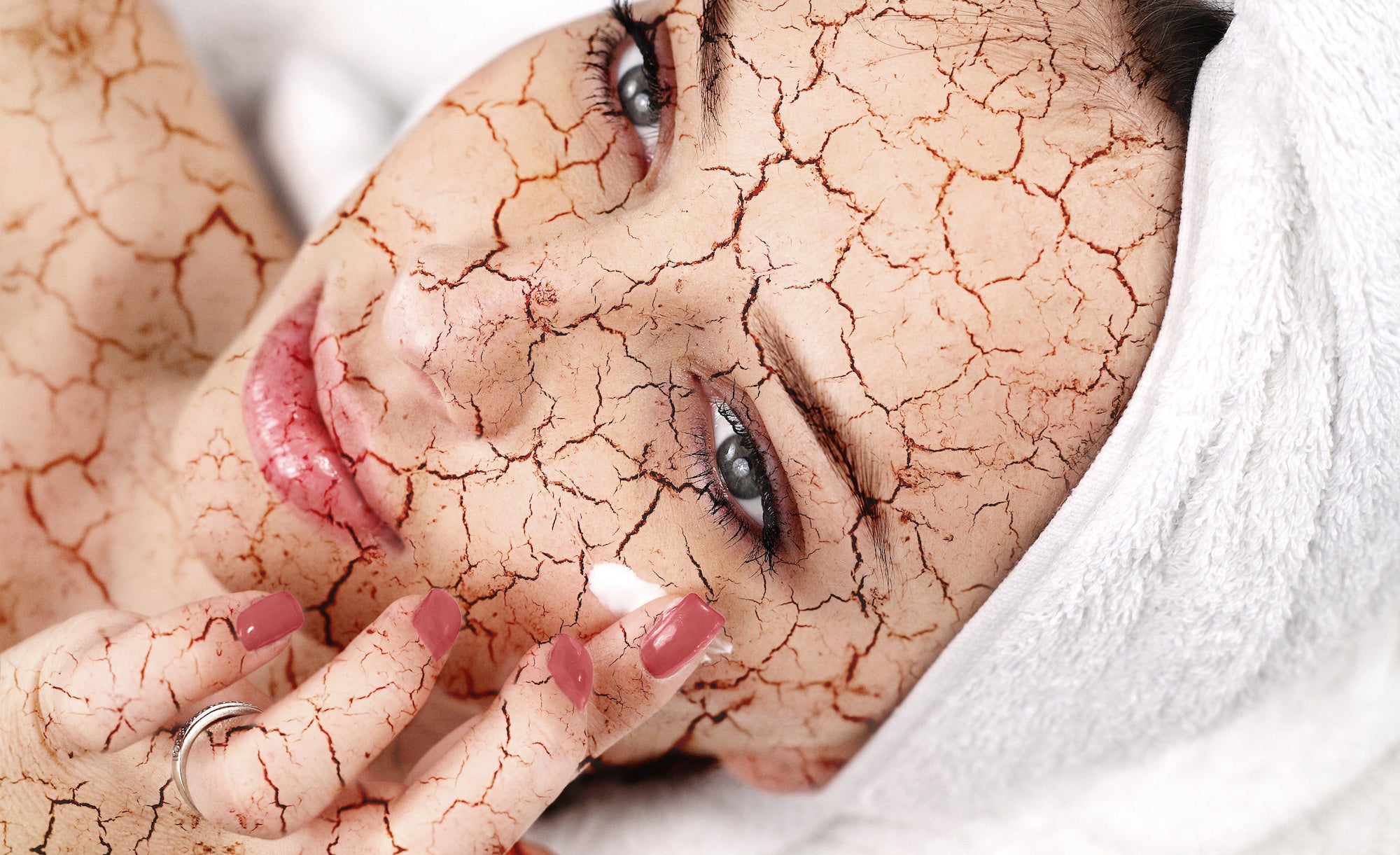
Zoom Dysmorphia | How Conference Calls Have Affected Our Self-Image
Fixating on our faces during Zoom calls is impacting our self-image. Especially for those who have a propensity towards Body Dysmorphia.
Similarly to Snapchat Dysmorphia, which made headlines in 2018, people with Zoom Dysmorphia are turning to their plastic surgeons to fix flaws they obsess over on their screens.
Experts told NBC news how the pandemic has worsened Body Dysmorphia symptoms in those dealing with this disorder before the pandemic, and Dr. Katharine Phillips adds, "for those who don’t currently have BDD but are at risk of developing it, the stress of the current situation might trigger the onset of full-fledged BDD.”
WHAT IS BDD?
Body Dysmorphic Disorder (BDD) is a body-image disorder characterized by persistent and intrusive preoccupations with an imagined or slight defect in one's appearance. Most people can pinpoint areas of their body they dislike, but this doesn't become an obsession. Those who suffer from BDD on the other hand will fixate on a perceived flaw for hours on end, and it dramatically affects their everyday life.
The Anxiety and Depression Association of America explains that BDD affects men and women almost equally. In the United States, BDD occurs in about 2.5% in males, and in 2.2 % of females.
BDD Is More Prevalent Than We Realize
According to the International OCD Foundation, Body Dysmorphic Disorder affects 1.7% to 2.9% of the general population — about 1 in 50 people. They go on to say that it’s possible BDD may be even more common than this, because people with this disorder are often reluctant to reveal their BDD symptoms to others.
COSMETIC PROCEDURES ON THE RISE
Being isolated at home with mirrors, social media, and the never flattering zoom calls has increased body image anxieties. People affected by BDD are planning their next cosmetic enhancement after months of comparing themselves to others during video conference calls.
Joseph, who has obsessed over his looks since high school, relayed to NBC news in August how being stuck at home has worsened his Body Dysmorphic Disorder. He often fixates on the next cosmetic procedure he’ll undertake. Maybe it’ll be his chin or his eyes or his nose; the location is less important than the possibility of him obtaining some relief and, as he says, “undoing the things that make me feel ugly and different from other people.”
The Washington Post reported earlier this month that plastic surgeons say business is up, partly because clients don’t like how they look on Zoom. Couple Zoom Dysmorphia with most people able to recover at home, and it's a perfect formula for increased procedures.
“There are people who thought they’d never have downtime, because they were going to the office every day,” said Steven Levine, a New York-based plastic surgeon. Now that they’re working from home, he added, they might feel okay getting back to their remote desks after just a few days off, because no one can see them.
You can read our blog to learn more about trends this year: Plastic Surgery & Cosmetic Enhancement Trends 2020.
HOPE FOR BODY DYSMORPHIA
If you or someone you love is suffering from BDD, there are tons of resources available to support you. Visit www.HelpforBDD.org where you can learn more about BDD and you can find help in your area.
More and more people are turning to support groups to talk with others affected by BDD. If you would rather talk with someone one on one, there are therapists available that specialize in OCD disorders like Body Dysmorphia.
If you are in crisis, know that help is only a call or click away at 1-800-273-8255 or suicidepreventionlifeline.org.



اترك تعليقًا
This site is protected by hCaptcha and the hCaptcha Privacy Policy and Terms of Service apply.